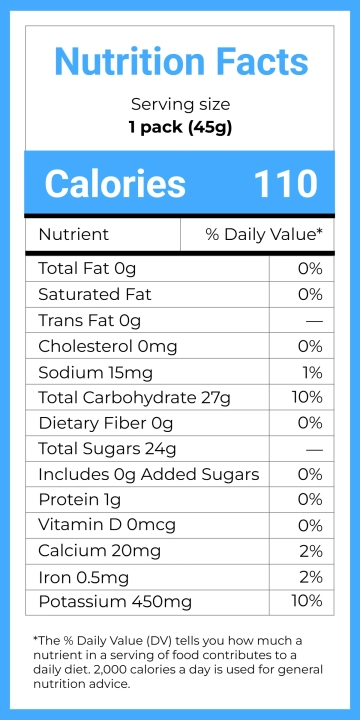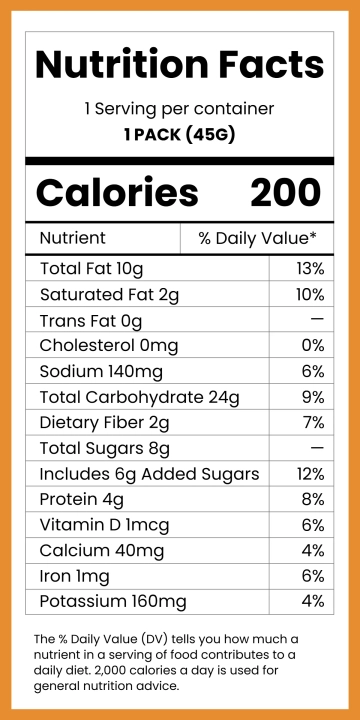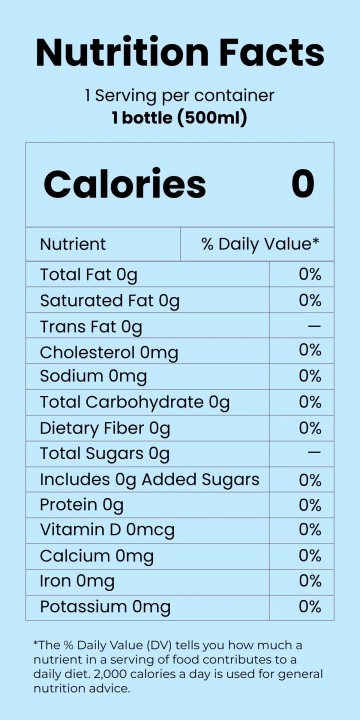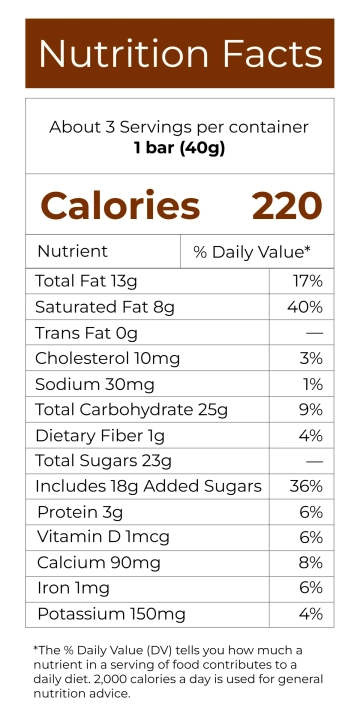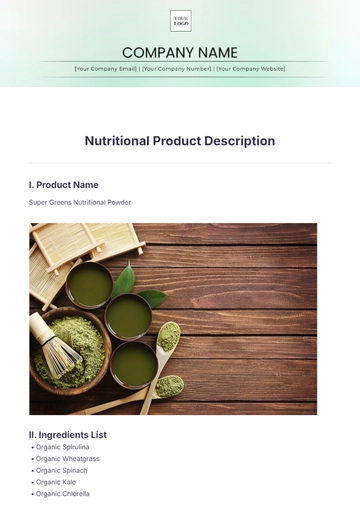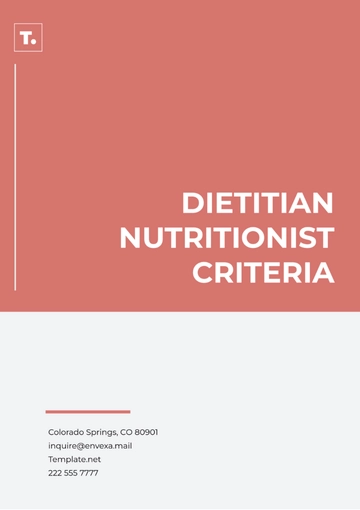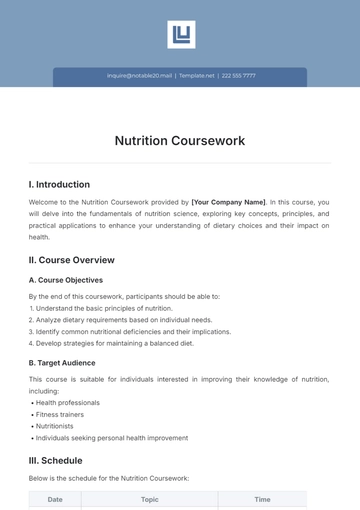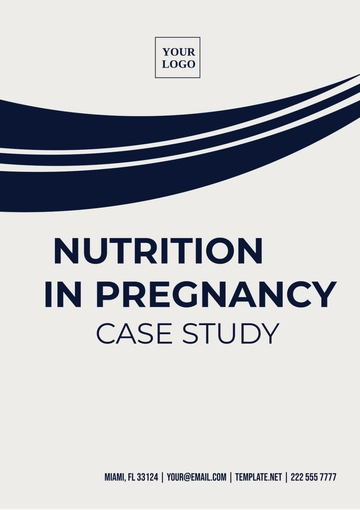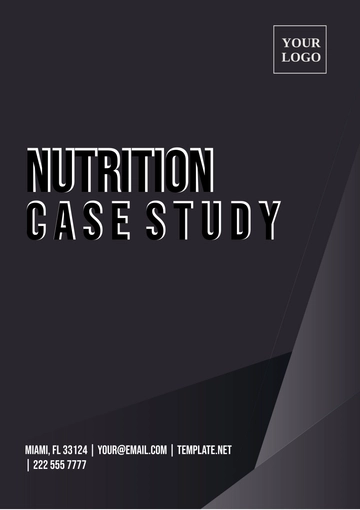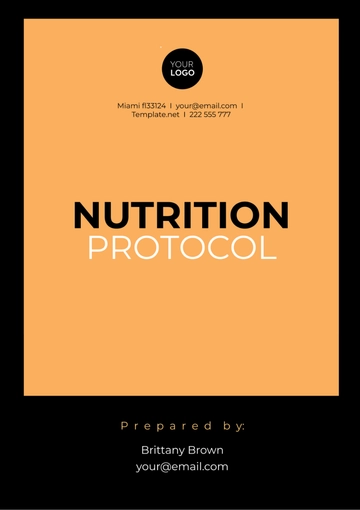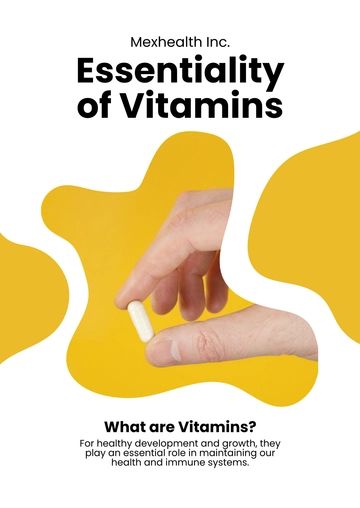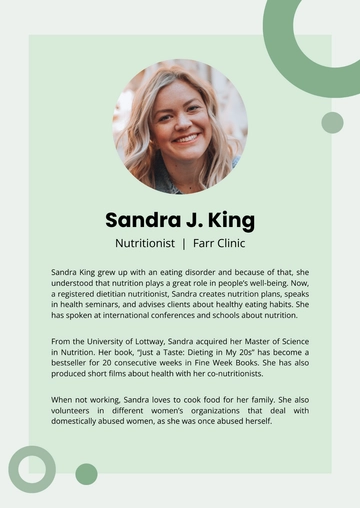Free Nutrition in Pregnancy Case Study
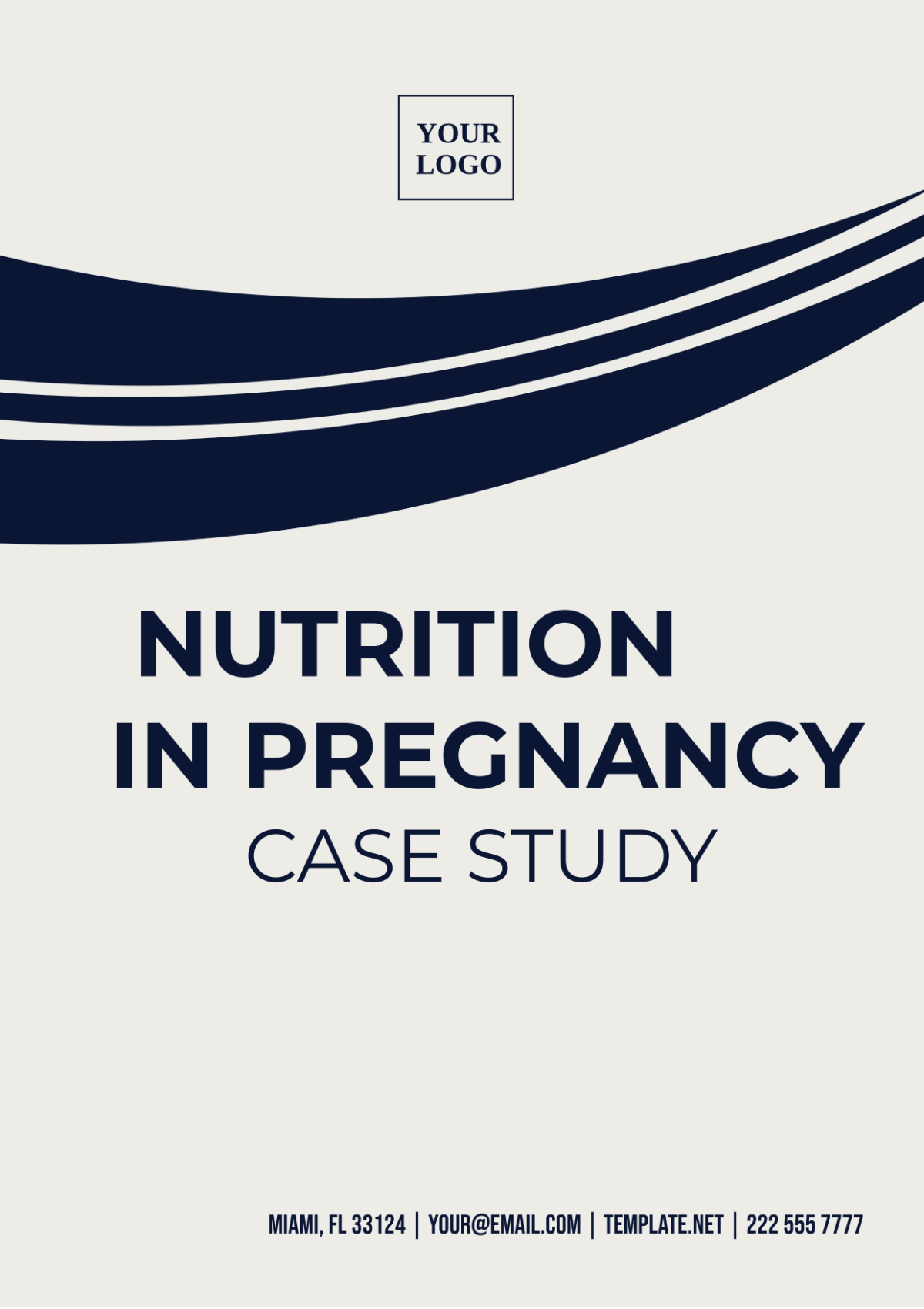
I. Introduction:
This case study explores the nutritional habits and dietary choices of a pregnant woman during her pregnancy. The study aims to assess her calorie intake, nutrient consumption, dietary restrictions, and their impact on her health and the development of her fetus.
II. Background Information:
The woman is in good health with no known pre-existing medical conditions. She has a BMI within the normal range for her height and weight. She has been attending regular prenatal check-ups and is committed to maintaining a healthy lifestyle throughout her pregnancy.
III. Dietary Assessment:
Caloric Intake: The woman's estimated caloric needs have been calculated based on her pre-pregnancy weight, activity level, and stage of pregnancy. Her daily caloric intake is approximately 2200-2400 calories.
Nutrient Consumption: Her diet includes a variety of nutrient-rich foods such as fruits, vegetables, whole grains, lean proteins, and dairy products. She consumes adequate amounts of essential nutrients including folate, iron, calcium, and omega-3 fatty acids.
Dietary Restrictions: She avoids certain foods that are considered potentially harmful during pregnancy, such as raw seafood, unpasteurized dairy products, and deli meats. She also limits her caffeine intake to less than 200mg per day and avoids alcohol entirely.
IV. Challenges and Strategies:
Nausea and Food Aversions: During the first trimester, the woman experienced nausea and food aversions, which made it difficult for her to consume a balanced diet. To address this, she focused on eating small, frequent meals and snacks throughout the day and chose foods that were easier on her stomach.
Cravings: She occasionally experiences cravings for sweet and salty foods. While she indulges in these cravings occasionally, she ensures they are balanced within her overall diet and do not exceed her recommended calorie intake.
Gestational Diabetes Risk: Due to her family history of diabetes, she is mindful of her carbohydrate intake and chooses complex carbohydrates over simple sugars. She monitors her blood sugar levels regularly and follows her healthcare provider's recommendations for managing gestational diabetes risk.
V. Impact on Maternal and Fetal Health:
Maternal Health: The woman's commitment to a balanced diet and healthy lifestyle has contributed to her overall well-being during pregnancy. She has maintained appropriate weight gain, her energy levels remain stable, and she reports feeling physically and emotionally well.
Fetal Development: The nutrients consumed by her are crucial for the healthy development of her fetus. Adequate intake of folate reduces the risk of neural tube defects, while iron supports fetal growth and prevents maternal anemia. Omega-3 fatty acids are essential for brain and eye development.
VI. Conclusion:
This woman's conscientious approach to nutrition during pregnancy has positively influenced both her health and the development of her fetus. By maintaining a balanced diet, addressing dietary challenges, and following recommendations for a healthy pregnancy, she sets a strong foundation for a successful pregnancy outcome.
VII. Recommendations:
Continued monitoring of dietary intake and weight gain throughout the remainder of her pregnancy. Encouragement to maintain regular physical activity within appropriate guidelines. Education and support regarding postpartum nutrition and breastfeeding benefits.
VIII. References:
American College of Obstetricians and Gynecologists. (2019). Nutrition during pregnancy.
National Institute of Child Health and Human Development. (2019). What I need to know about gestational diabetes.
IX. Appendix
In this case study, we examined the nutritional habits and dietary choices of a pregnant woman aiming to maintain optimal health for herself and her developing fetus. She follows a balanced diet, meeting her calorie and nutrient needs while adhering to dietary restrictions and addressing common challenges like nausea, cravings, and gestational diabetes risk. Strategies include eating small, frequent meals, choosing nutrient-rich foods, monitoring blood sugar levels, and seeking guidance from healthcare providers. A sample meal plan below demonstrates how to incorporate a variety of nutritious foods throughout the day. Overall, the woman's conscientious approach to nutrition contributes to positive maternal and fetal health outcomes during pregnancy.
Here is a sample meal plan that incorporates a variety of nutrient-rich foods and addresses common pregnancy-related challenges:
Breakfast:
Whole grain toast with avocado and scrambled eggs
Greek yogurt with berries and a drizzle of honey
Herbal tea or decaffeinated coffee
Lunch:
Quinoa salad with mixed vegetables (bell peppers, cucumbers, cherry tomatoes) and grilled chicken
Whole grain pita bread with hummus
Sparkling water with lemon or lime
Dinner:
Baked salmon with roasted sweet potatoes and steamed broccoli
Mixed green salad with balsamic vinaigrette dressing
Sparkling water or herbal tea
Prepared By:
[YOUR NAME]
[YOUR POSITION]
[YOUR COMPANY NAME]
Contact Information:
[Your Company Email]
[Your Company Number]
[Your Company Website]
[Your Company Address]
- 100% Customizable, free editor
- Access 1 Million+ Templates, photo’s & graphics
- Download or share as a template
- Click and replace photos, graphics, text, backgrounds
- Resize, crop, AI write & more
- Access advanced editor
Discover the ultimate tool for crafting comprehensive case studies on pregnancy nutrition with the Nutrition in Pregnancy Case Study Template from Template.net. This meticulously designed template offers an editable and customizable framework, ensuring you can tailor your content precisely to your needs. Plus, it's seamlessly editable in our AI Editor too, making your workflow smoother than ever.
